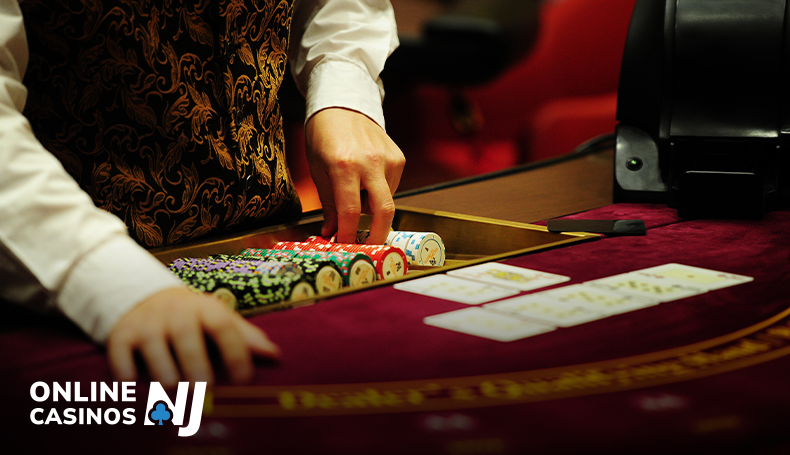Major pro sports leagues still have to contend with the current suit which goes for more than $3 million in the form of a default bond they put up when they successfully filed for a prohibition order against the track in the fall of 2014.
The origin of this case dates back to the early days of sports betting conflict in the Garden State. At that time, voters had already agreed to legalize sports betting and the state legislature had already passed it into law, though this went against a 1992 federal law that prohibited sports betting in all states, minus Nevada and three other states which were offered limited carve-outs.
However, things took a new turn in October 2014 when a federal judge granted the leagues a temporary restraining order against Monmouth Park Racetrack, stopping them from opening a sports betting parlor. This was due to the league’s argument that permitting the track to offer sports betting could lead to extensive damages to their business, brand, and games.
The leagues then set up a $3.4 million bond, to cater for losses the track might incur during the month that the restraining order came into effect. When the validity period of the order ended in November 2014, the federal judge nullified the NJ sports betting law citing grounds that it went against the 1992 federal law that restricted sports betting, excluding online casinos in NJ.
Court battles ensured and in 2018, New Jersey struck a victory when the Supreme Court voided the 1992 federal way allowing any state to offer sports betting.
With the new development in place, the NJTHA immediately moved to recover the default bond put up in 2014 and claim an estimated $140 million in losses incurred by the leagues’ involvement in preventing sports gambling after the restraining order ended in 2014.
The suit for additional damages was based on a charge that the league sought the 2014 restraining order to ensure they would keep making gains of millions from fantasy sports games from businesses that they promoted and endorsed.
While the leagues have responded that the claims were petty, U.S. District Judge Freda Wolfson has also ruled out NJTHA’s request for additional damages. However, she is willing to hold a hearing to consider when the group would recover the entire bond for the 28-year period the restraining order was in effect.
Though this seems to be some good news for the NJTHA, the leagues won’t allow this to be an easy fight. The leagues don’t seem to accept that the NJTHA should be entitled to the full bond amount during the period of the restraining order and would challenge the calculations of the NJTHA. This could mean that the leagues consider the amount of potential revenue lost in that time to be much smaller than what the association claims. As it stands, no hearing date for the case has been fixed yet.




















